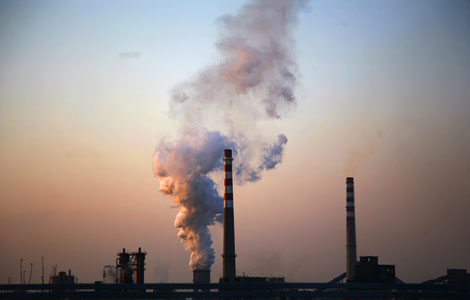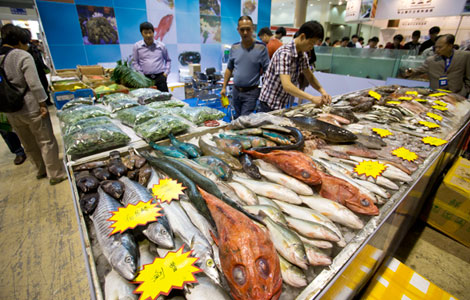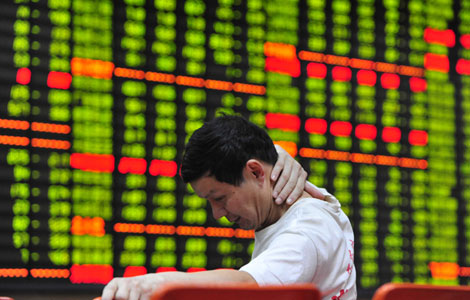
According to the Beijing Environmental Protection Bureau's pollution prevention department, the city has more than 10 licensed waste treatment companies.
"It costs a lot for a company to have their hazardous waste disposed of at a licensed treatment company, almost 10 times more than kitchen waste," Mao said. "The high cost is the major reason many companies with heavy hazardous discharges avoid their responsibility and resort to illegal workshops or individuals to have the scrap dealt with."
Mao said the illegal workshops usually dump hazardous waste in a hole without any processing, which imposes a serious risk to the soil, water and air.
For example, the powder of leftover bits and pieces buried in the soil was mainly organic resin and antimony sulfide, the latter of which is a poisonous heavy metal that could threaten people's health, he said.
It is not known how much effect the hazardous waste will have on the environment now, but the bureau will further strengthen supervision of such companies, said Duan Qiliang, director of the county's environmental protection bureau.
Dong Liangjie, a former environmental scientist at the University of Hawaii, said the soil pollution is like an environmental time bomb.
The heavy-metal pollution of soil, once imposed, will have a tremendous negative effect and take a long time to repair, he said.
"Prevention is much more effective in bettering the environment than repair after the fact," he said.
zhengxin@chinadaily.com.cn
 HK's new cruise terminal receives luxury liner
HK's new cruise terminal receives luxury liner
 Future points to carbon trading
Future points to carbon trading
 Seafood businesses flounder amid spending cut
Seafood businesses flounder amid spending cut
 Equities slump amid slow-growth estimates
Equities slump amid slow-growth estimates
 Auto show opens with much fanfare in Xi'an
Auto show opens with much fanfare in Xi'an
 Sunnylands summit fuels Chinese tourism interest
Sunnylands summit fuels Chinese tourism interest
 'Palace on wheels' on sale for $3.13m in Dubai
'Palace on wheels' on sale for $3.13m in Dubai
 Fortune smiles on Chengdu as forum concludes
Fortune smiles on Chengdu as forum concludes